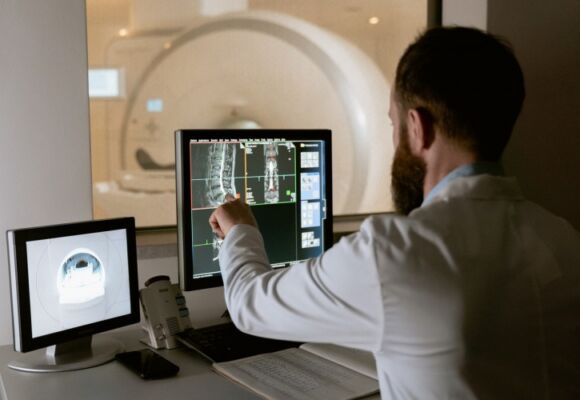The Radiology department at Worcestershire Acute Hospitals NHS Trust has come under fresh criticism, amid news from the BBC that managers at the Trust knew of cases where patients’ cancers had been missed but failed to fully inform the Care Quality Commission (CQC) when an investigation was carried out.
What happened at the Trust?
In 2016 the CQC carried out an unannounced inspection of the Trust, involving an inspection of its radiology department after being contacted by a ‘whistle-blower’ within the department, Ken Hall.
A huge backlog of 11,000 x-rays was found. Normally, when a scan is performed, a Radiologist (a doctor specialising in interpreting medical images) reviews and reports upon the scan. The CQC found that none of the 11,000 x-rays had been reported on. The Trust commented at the time that a plan was in place to clear the backlog, and that the backlog was made up of routine x-rays only with none of the scans being GP-requested x-rays, CTs, MRIs or Ultrasound scans.
The whistle-blower, Ken Hall, was struck off as a Radiographer later the same year after allegations of fraud were raised. He was later reinstated after evidence came to light which made the original findings unsafe.
Why is the Trust in the news again?
At the time, the CQC was assured that patients had not come to harm as a result of the backlog. The CQC reported that there was no evidence to suggest that Trust management had been aware of the backlog and no harm to any patients had been identified as having been caused by the backlog.
Recently, the BBC has investigated Trust management committee reports which indicate that managers knew that up to 30 cancers may have been missed as a result of the backlog, as early as 2014 – two years before the CQC became involved.
Have things improved?
The last CQC inspection was carried out in September 2019. It found that the Diagnostic Imaging service ‘requires improvement’. There was a report that ‘some equipment was old and overdue for replacement, such as the CT scanners’; out-dated equipment is a recurring theme and was an issue highlighted on a recent Channel 4 Dispatches show: ‘Clapped Out: Is the NHS Broken?’
More positively, however, the CQC also reported that ‘waiting times to treat patients were generally in line with good practice. Most patients received diagnostic imaging within the six week target. The backlog of unreported images and delays in reporting had significantly improved. From July 2016 to May 2019, the trust had reduced its unreported plain film x ray backlog from over 11,000 to under 500, and 79% of scans were reported within the trusts target depending on modality.’
A reduction of more than 95% of the backlog, and evidence of good practice being adhered to, is promising news. It is reassuring that the Trust have been able to reduce the backlog to manageable levels. Hopefully, increased funding will follow to help the Trust increase staffing levels and replace equipment, in turn improving patient safety.
